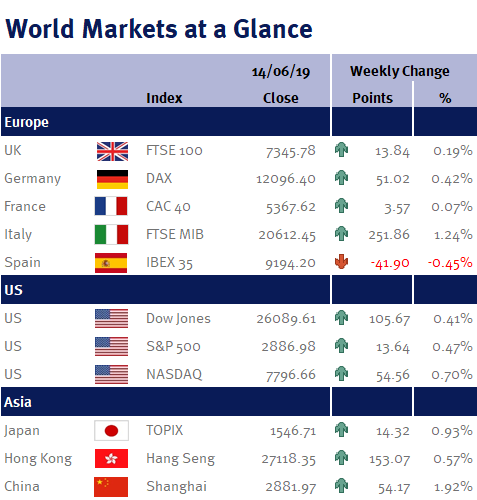You may have seen in the news this week that one of the UK’s best known Fund Managers, Neil Woodford, has told investors that they can’t sell their holdings in his Woodford Equity Income Fund for the time being.
Whilst we appreciate that this high-profile fund suspension may be unsettling, it is important to stress that we don’t hold this fund in any of our client portfolios. We would also like to highlight the differences between the investment process used by Neil Woodford and my wealth.
Due to the Woodford Equity Income Fund falling by approximately 25% since the EU Referendum (while the FTSE has risen by nearly 15%), there has been an increase in the number of investors wanting to exit the Woodford Equity Income Fund (i.e. redeeming their units) which has put pressure on the fund’s cash resources.
Most unit trusts and OEICs operate with sufficient cash resources to meet any daily client redemptions – and if this cash starts to run low, the Fund Manager would normally simply start selling some of the fund’s holdings to raise cash. However, many of Neil Woodford’s holdings were illiquid as they were in unquoted companies or small quoted companies which he found he couldn’t sell at short notice.
At my wealth we believe that risk management is just as important as investment performance and returns. We provide clients with exposure to the UK by only investing in large blue-chip companies that are constituents of the FTSE-100 (which accounts for over 80% of the total UK equity market). As such, these holdings would be very easy to liquidate at short notice.
Exposure to other geographies (such as US, Europe, Japan, Asia and Emerging Markets), is obtained through a large and diverse range of funds (unit trusts, OEICs and ETFs), which are selected and consistently monitored via face-to-face meetings with leading fund managers and analysts from around the world.
Furthermore, our Investment Team have extensive access to these funds which allows us to look at how each fund is positioned in terms of their actual and relative compositions, which allows us to analyse the best way to blend these funds together. This ensures that our client portfolios are fully diversified as it is pointless diversifying clients’ money by investing in a selection of different funds, if all those funds are all positioned in exactly the same underlying stocks and sectors.
Additionally, we have an active, discretionary managed approach to managing client portfolios, i.e. one where our qualified Investment Managers can react and adapt a clients’ portfolio to the changing market conditions by making instant portfolio changes.


